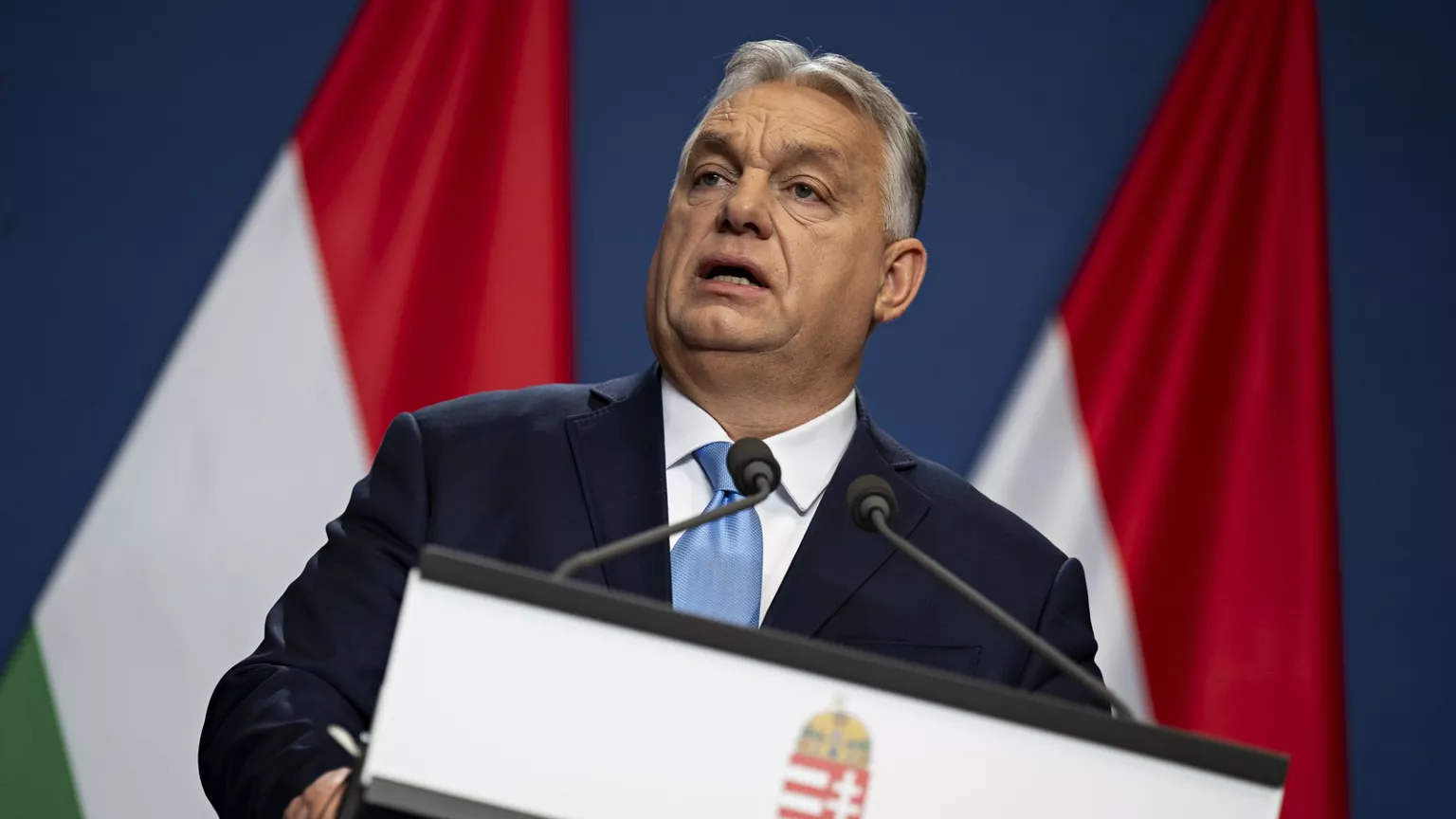Hungary’s political landscape is shifting dramatically, with Prime Minister Viktor Orbán increasingly losing ground to the newly formed opposition party Tisza, founded by former ally Péter Magyar. According to a recent poll published on 18 June 2025, Orbán’s Fidesz party trails Tisza by a significant 15%, raising questions about the future leadership of Hungary as parliamentary elections approach in spring 2026.
The full analysis of the poll can be found on Bloomberg and 24tv.ua, highlighting an unprecedented political upheaval in the country.
Growing Public Discontent Fuels Tisza’s Rise
Hungarians appear exhausted by the ongoing political infighting, scandals, and the persistent blame game between Fideszand Tisza. The current government, led by Orbán, has often struggled to emerge victorious in these battles. Orbán’s controversial strategy of targeting so-called enemies to justify consolidating power and edging towards authoritarian rule has failed to win popular support.
The Hungarian public is clearly growing weary of what many see as kleptocratic governance, with 62% of citizens demanding change — an all-time high during Orbán’s tenure. This signals a deep dissatisfaction with the status quo and a hunger for a fresh political direction.
What Tisza Represents: A Call for Renewal
Tisza’s surge in popularity marks more than just an alternative; it represents a societal yearning for transparency, dialogue, and genuine representation. Rather than simply opposing the ruling party, Tisza positions itself as a catalyst for political modernisation — aiming to dismantle the corrupt vertical power structures and cult of personality that have defined Orbán’s regime.
The party’s leader, Péter Magyar, is a former Fidesz insider, underscoring a crisis brewing within Orbán’s ranks and reflecting a common pattern in authoritarian systems where internal fractures eventually erode power from within.
Challenges to Orbán’s Control
Orbán’s reliance on repression of civil society and media has backfired. His so-called “spring cleaning” campaign against dissent faced severe public backlash, forcing the government to scale back these measures. This points not only to a loss of influence but also a waning grip on the political narrative.
Furthermore, increasing opposition to Orbán’s isolationist and pro-Russian policies is becoming evident across Hungarian society. As an EU and NATO member, Hungary’s current foreign policy under Orbán is increasingly at odds with broader European interests.
A Pivotal Moment for Hungary and Europe
The upcoming elections could mark a historic turning point — not only domestically but geopolitically. A defeat for Orbán would weaken Russia’s foothold in the European Union, as Budapest has often been described as a “Trojan horse” for Moscow.
Success for Tisza would signal a reduction in Russian influence within the EU and potentially reinvigorate democracy across Central Europe. Orbán’s fall would undermine the ideological base of “illiberal nationalism” that has inspired similar movements in countries like Poland, Slovakia, and Serbia.
Hungary’s political transformation may well inspire broader regional shifts towards democratic governance and a renewed commitment to European values.















